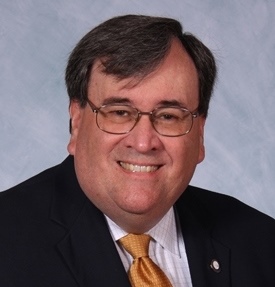The National Council of the United States Society of St. Vincent de Paul is excited to welcome the new National Director of Poverty Programs, Steve Uram.
Steve will be work as the Society’s representative among Catholic groups including the U.S. Conference of Catholic Bishops, and other national nonprofit groups regarding public policy. He will serve as the national staff support person for national committees including Systemic Change, Voice of the Poor, Housing, Immersion / Reentry, Back2Work / Workforce Development, Bridges Out of Poverty, and others.
“As a life-long Catholic, I am truly excited to join the National Council where I can live my faith and make a difference each and every day,” said Steve.
Prior to joining the National Council, Steve spent 15 years in the Washington, D.C. area serving as a Senior Advisor for Grassroots Advocacy for the National Rural Electric Cooperative Association (NRECA). He also served as a legislative aide to Illinois Congressman, John Shimkus. Upon his return to the St. Louis area in 2014, Steve served as the manager for Grassroots Advocacy and Leadership Programs for the National Corn Growers Associate.
Steve has his master’s degree in Communications from the University of Illinois and a bachelor’s degree in Political Science from Southern Illinois University.
Steve is part of a big, Catholic family and is a die-hard St. Louis Cardinals fan!
If you would like to contact Steve, he can be reached at (314) 576-3993 ext. 215 or by email at suram@svdpusa.org.
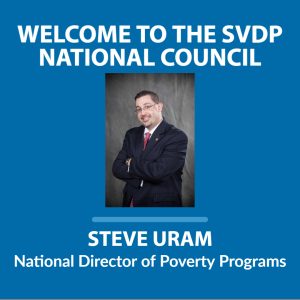

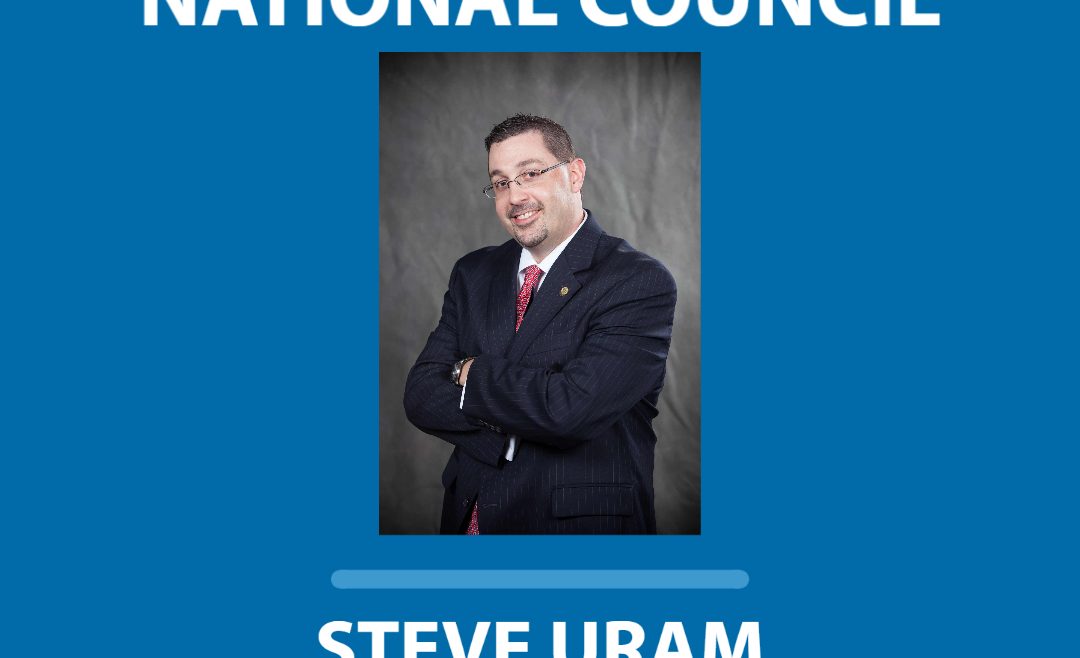
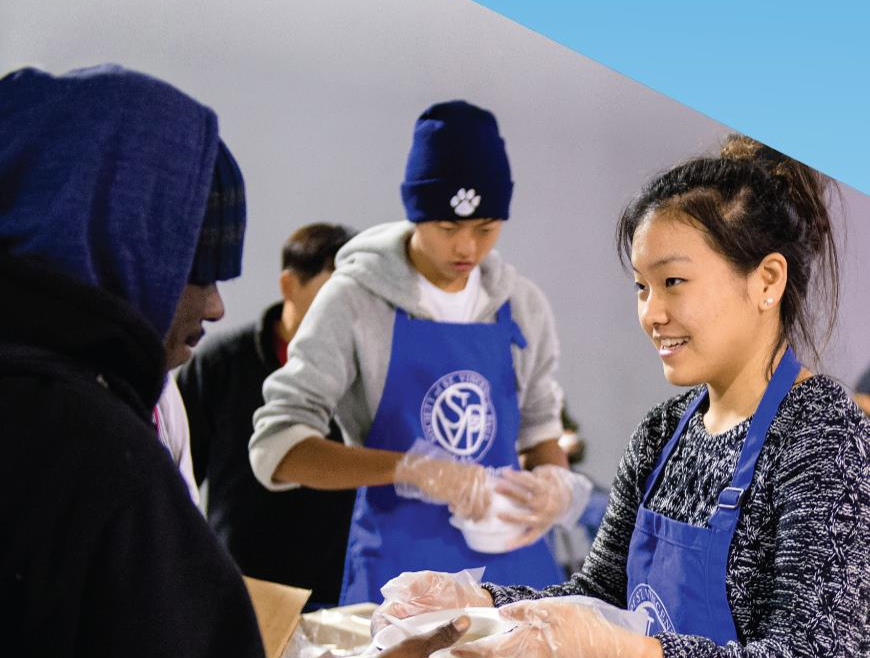

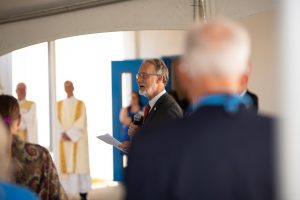
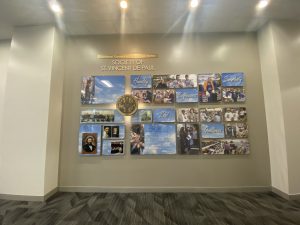
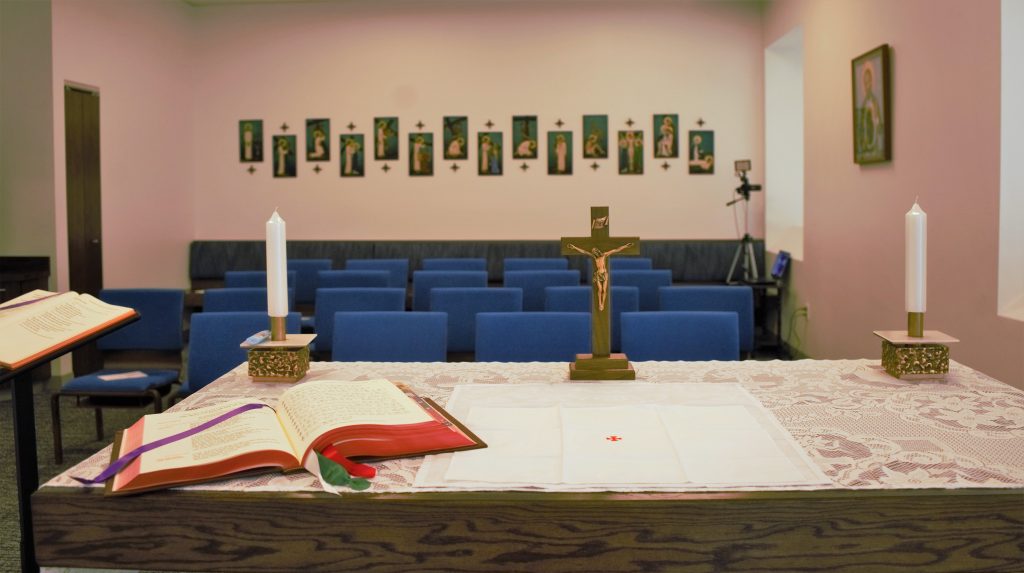
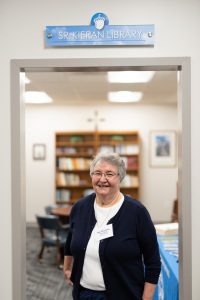 True to the Vincentian value of prudence, the National Council did not use any dollars from member services to purchase the new building, which was funded through the sale of our old building and judicious savings of bequest funds over time. “Our most loyal donors contributed mightily to this day. We thank them,” Middlecamp said.
True to the Vincentian value of prudence, the National Council did not use any dollars from member services to purchase the new building, which was funded through the sale of our old building and judicious savings of bequest funds over time. “Our most loyal donors contributed mightily to this day. We thank them,” Middlecamp said.
